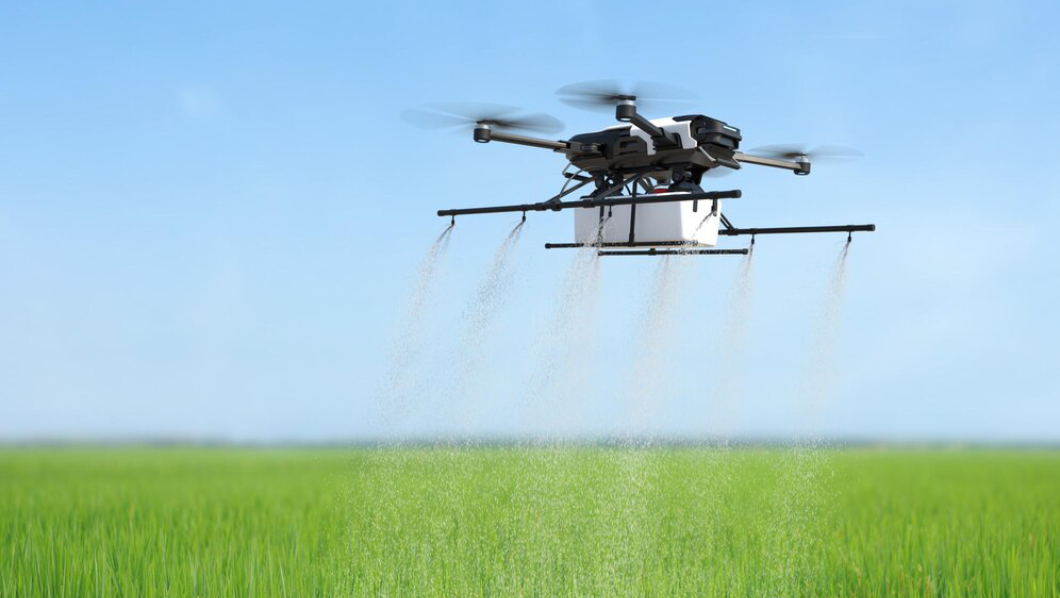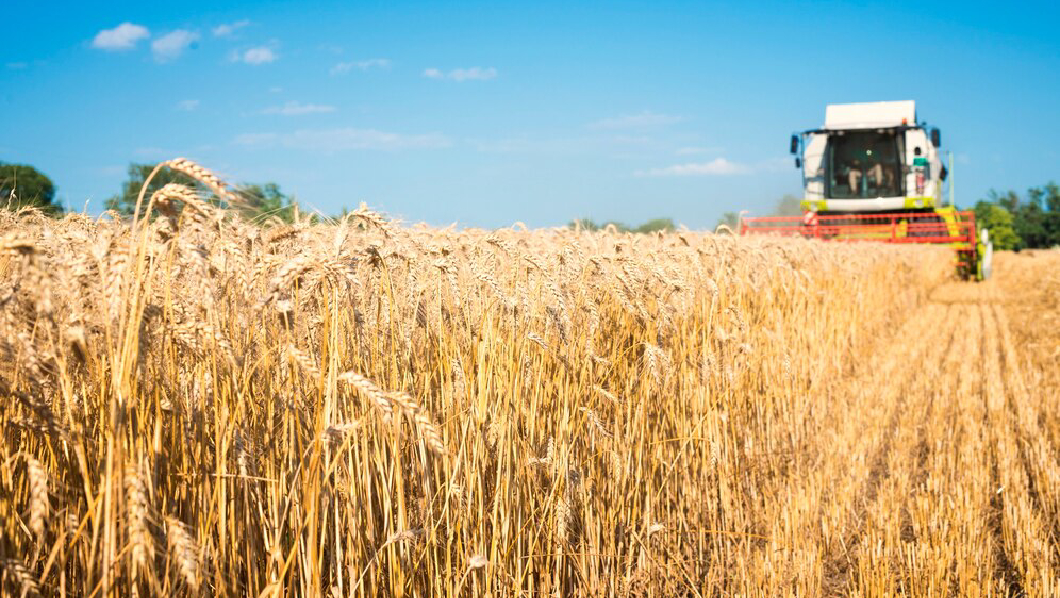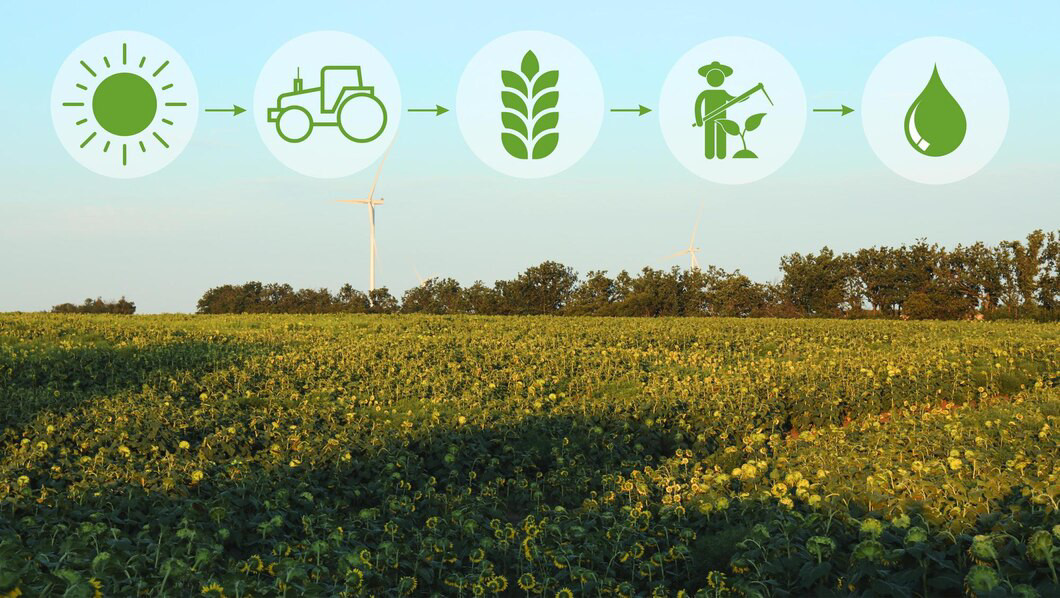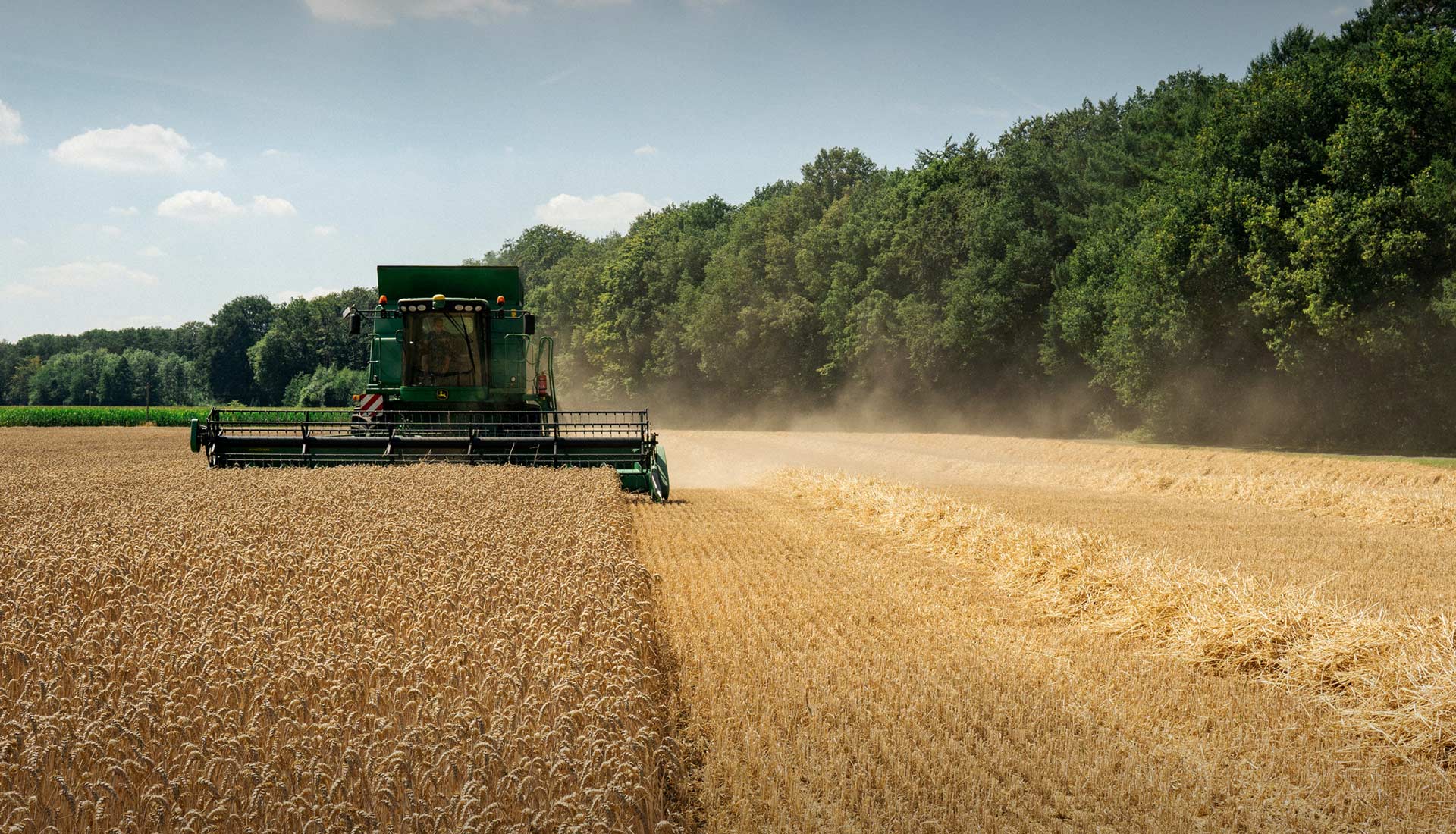
Precision Farming: Cultivating Sustainability Through Technological Precision
Introduction:
Precision farming, also known as precision agriculture, is revolutionizing the traditional agricultural landscape by leveraging cutting-edge technologies to enhance efficiency, productivity, and sustainability. This transformative approach integrates data, analytics, and technology to optimize various aspects of farming, marking a significant stride towards achieving broader sustainable goals in agriculture.
Data-Driven Decision Making:
Precision farming relies heavily on data collected from sensors, satellites, and other sources. Farmers use this data to make informed decisions about crop management, irrigation, and resource allocation. By harnessing the power of data, precision farming minimizes waste and maximizes the use of resources, contributing to sustainable agriculture practices.
Smart Irrigation Systems:
Water scarcity is a global concern, and precision farming addresses this by introducing smart irrigation systems. These systems use real-time data to determine the precise amount of water crops need, reducing water usage and mitigating the environmental impact of excessive irrigation. This not only conserves a vital resource but also aligns with sustainable water management practices.
Precision Application of Inputs:
Traditional farming often involves the blanket application of fertilizers and pesticides. Precision farming, however, enables farmers to apply inputs with pinpoint accuracy. This not only reduces the environmental impact of excess chemicals but also enhances crop yield and quality. Precision application minimizes the ecological footprint while ensuring optimal crop health.
Drones and Satellite Imaging:
Drones and satellite technology have become integral components of precision farming. These tools provide farmers with detailed insights into crop health, soil conditions, and pest infestations. By identifying issues early on, farmers can take targeted actions, preventing the need for large-scale interventions and contributing to sustainable, eco-friendly farming practices.
Enhanced Crop Monitoring:
Real-time monitoring of crop conditions is a hallmark of precision farming. From temperature and humidity to soil moisture levels, farmers can monitor various parameters to ensure optimal growing conditions. This proactive approach not only increases crop yields but also reduces the need for reactive measures, aligning with the principles of sustainable and resource-efficient agriculture.
Conclusion:
Precision farming represents a paradigm shift in agriculture, emphasizing efficiency, resource optimization, and environmental stewardship. As the world grapples with the challenges of feeding a growing population while preserving the planet’s resources, precision farming emerges as a beacon of hope. By embracing technological precision, farmers pave the way for a more sustainable future, where agriculture and environmental conservation go hand in hand.





